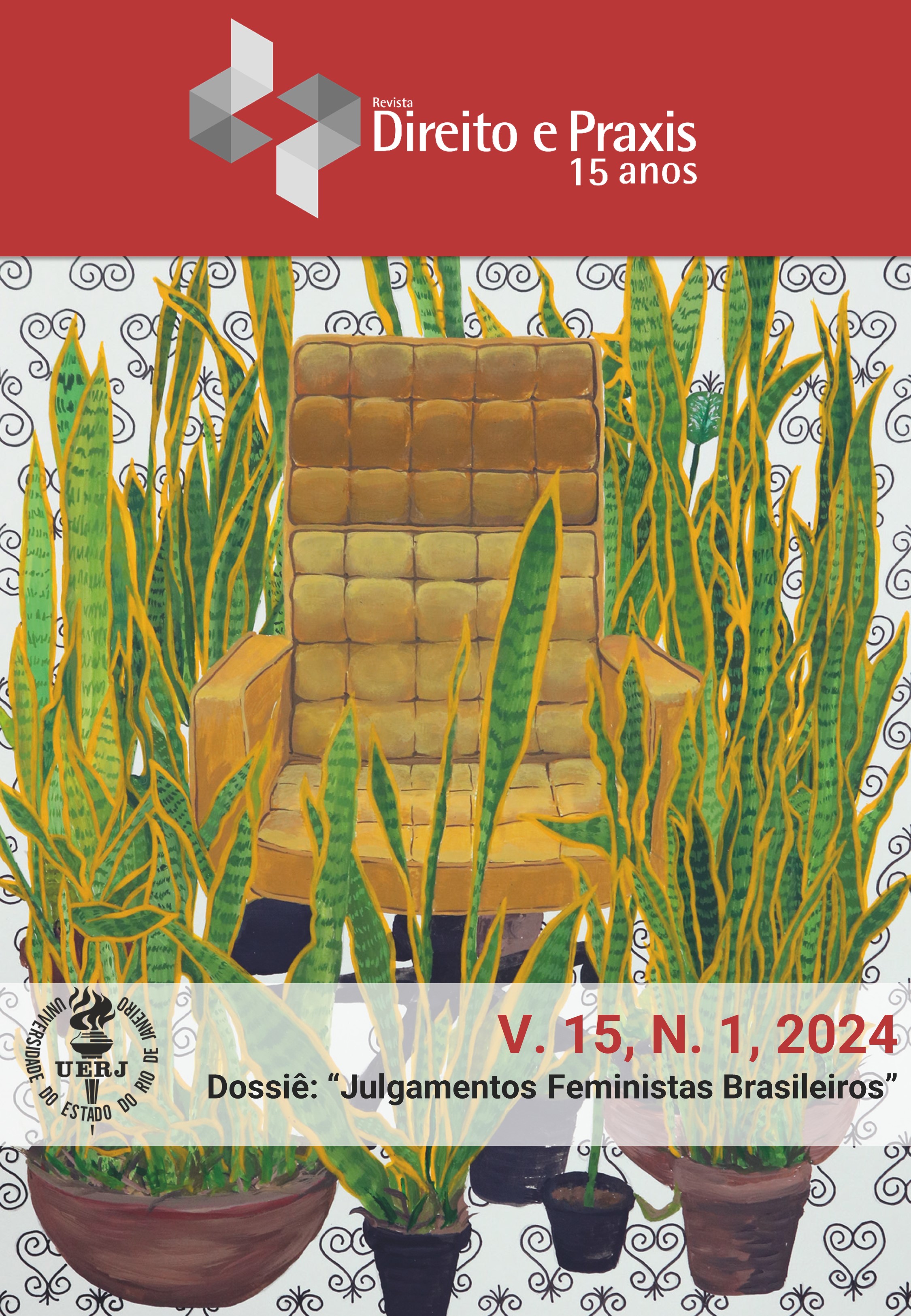Human rights and psychiatric power in dispute
Towards a radicalization of democracy?
Keywords:
Salud mental, Derechos humanos, Poder soberano, Foucault, Agamben / Mental health, Human rights, Sovereign power, Agamben.Abstract
https://doi.org/10.1590/2179-8966/2022/65459i
This article analyzes the type of power that is disputed in contemporary debates on human rights, mental health and equal recognition before the law (Art. 12 of the Convention on the Rights of Persons with Disabilities: CRPD), where the most burning issue is the abolition of involuntary treatment and commitment. To do so, we intersect Foucault's and Agamben's perspectives on sovereign power and biopowers. We analyze the emergence of the psychiatric device as institution; legal medicine; biological determinism, and; line of thanatopolitical escape, the point of emergence of Nazi extermination. We connect this analysis with the emergence of human rights and UN regulations on "disability/mental illness" up to the CRPD. Among other things, we conclude that the authoritative interpretation of Art. 12 abolishes a state of exception to human rights, which is constitutive of modern democracy and of the emergence and deployment of the psychiatric device, whose competencies of sovereign power are in dispute.
Keywords: Mental health; Human rights; Sovereign power; Foucault; Agamben.
Downloads
Published
Versions
- 2024-04-09 (2)
- 2022-12-16 (1)
How to Cite
Issue
Section
License
Copyright (c) 2022 Direito e Práxis

This work is licensed under a Creative Commons Attribution 4.0 International License.
The authors the sole responsibility for their texts.
It is allowed the total or partial reproduction of the articles of the Journal Law and Praxis, if the author is mentioned.
This work is licensed under a Creative Commons Attribution-Noncommercial-Share Alike 4.0 Unported License.
This license allows you to copy and redistribute the material in any medium or format for any purpose, even commercial, provided the original authorship is cited.
This work is licensed under a Creative Commons Attribution 4.0 International License.



